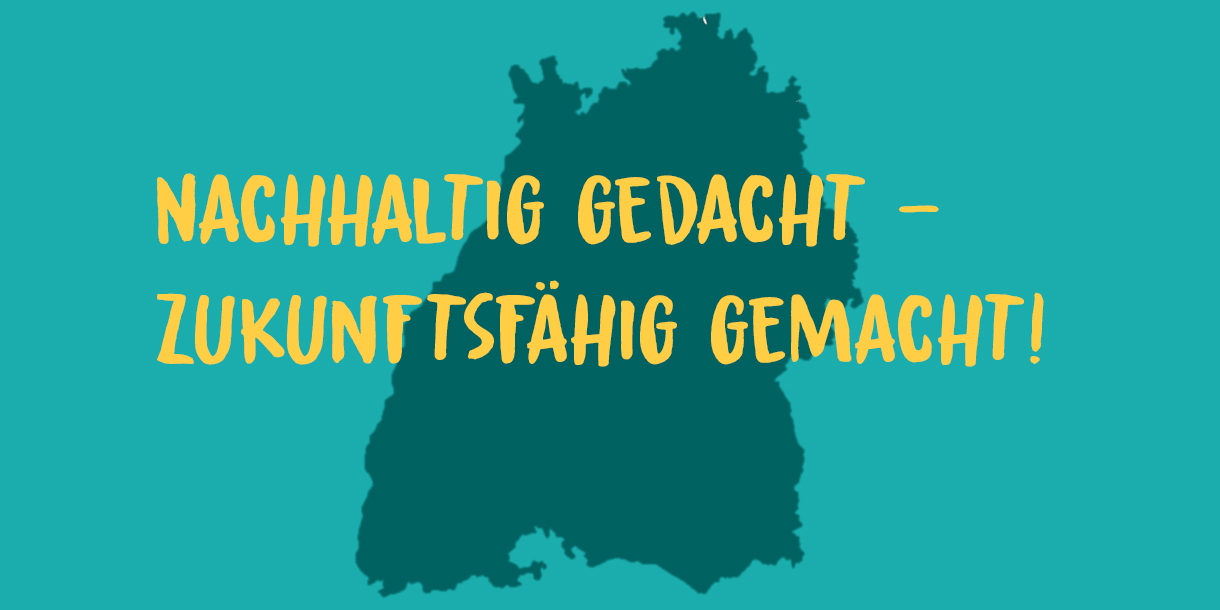
With the Sustainable Bioeconomy Strategy Baden-Württemberg, the state promotes the utilization of a renewable or recycled raw
materials as well as the development of biological processes or production methods for sustainable products. These serve to protect our
natural resources and strengthen the scientific position of Baden-Württemberg. The update to the Sustainable Bioeconomy Strategy
focuses on which focuses on creating sustainable diversification and development opportunities for companies in
Baden-Württemberg.
Goals and Focal Points
- Reduction of the usage of fossil-based raw materials and the dependence on energy and raw material imports
- Conservation of natural resources - particularly the soil, water, air, and biodiversity - as a foundation for future generations
- Establishment of a sustainable, circularly-oriented, and regenerative economy
- Strengthening of regional value creation and the creation of attractive, future-proof job creation
- Development and expansion of bioeconomic innovations
- Support of municipalities during the transformation of society and the economy
Reliable and innovation-friendly framework conditions will help the economy exploit the potential of innovation technologies and future growth of markets. Among these are, for example, new production systems and conversion processes for biomass, the utilization of biological metabolisms for resource-efficient production processes, innovation along the food value chain, the development of sustainable produced chemicals and new materials, the biological recycling of CO2 for green chemistry, as well as the implementation of biological knowledge for the development of new innovative processes and products. Baden-Württemberg is famous as a center of modern technology and economy, recognized worldwide for its development of efficient, energy-saving, and environmentally friendly technologies.
Due to the interdepartmental cooperation of the Ministry of Food, Rural Affairs and Consumer Protection (MLR) and the Ministry of the
Environment, Climate Protection and the Energy Sector (UM), the specific expertise of both ministries merges into one overall
approach.
To transfer knowledge from application-oriented research into practice, the Sustainable Bioeconomy Strategy will be setting up targeted programs and competitions. These will allow for feasibility studies, financial investments, and assist marketable products in making a breakthrough. The focus of investment incentives will be pilot or demonstration plants for modular biofactories that will be able to test new technologies.
Action Areas
Measures are divided into three action areas, which:
- as a cross-sectional action area, support connection and cooperation between sectors and work on overarching aspects of policy-making, information, and communication (Supporting Framework for the Bioeconomy 3.1)
- emphasize the production and usage of primary biomass and its side streams while taking the needs of rural areas into account (Sustainable Bioeconomy as a Driver of Innovation for Rural Development 3.2)
- focus on the use of secondary biomass resources from waste, wastewater, and waste gas with regard to the concerns of urban regions (Sustainable Bioeconomy in Industrial and Urban Economic Zones 3.3)
More Information
Landesstrategie
Nachhaltige Bioökonomie Baden-Württemberg
(25.
Juni 2024) (pdf-Datei) (German)
Landesstrategie
Nachhaltige Bioökonomie Baden-Württemberg - Kurzfassung
(25.
Juni 2024) (pdf-Datei) (German - Summary)
Baden-Württemberg's
sustainable bioeconomy strategy
(4. Juni 2019) (pdf) (English)
Landesstrategie
Nachhaltige Bioökonomie Baden-Württemberg
(4. Juni 2019) (pdf) (German)
Flyer
Bioeconomy - Sustainably Designed for the Future
(December 2022) (pdf) (German)